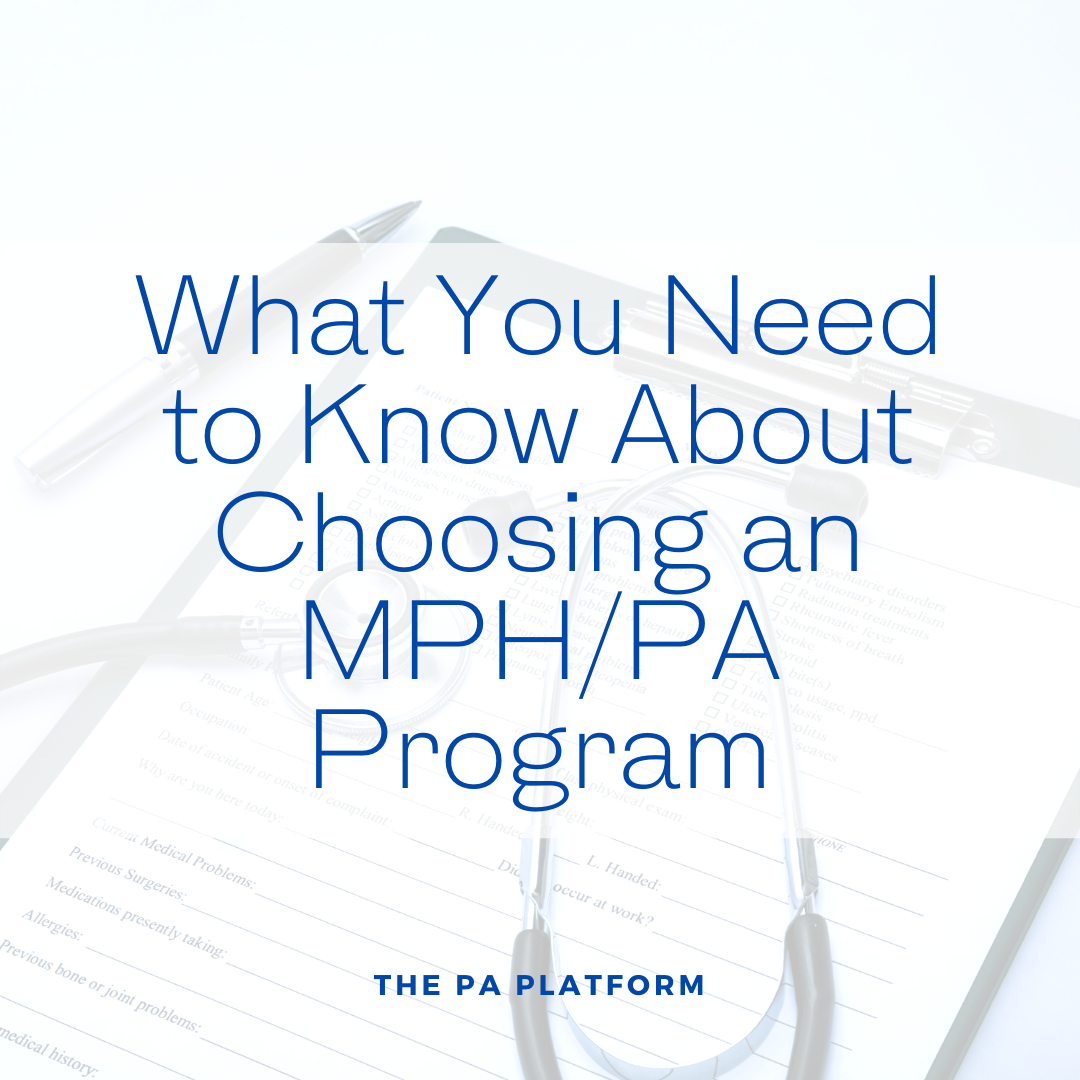I was so excited when Pooja Sitapara reached out to provide her insights on being part of a brand new PA program. I get a lot of questions about whether or not it's a good idea to apply to provisional programs or just new programs in general. Now we get some personal opinions!
Hey, ya’ll! I’m a PA-S1 in the inaugural class at Charleston Southern University in Charleston, South Carolina. With so many new PA programs opening up next year, I wanted to share why I chose to attend a new program instead of a continuous-accredited program.
There are so many reasons I love being part of a new PA program! In my opinion, newer programs tend to have more updated facilities and resources to teach you. My program has a state of the art building that’s brand new, a cadaver lab and SPECTRA table, multiple simulation mannequin patients, and OSCE rooms with a two-way window with a debriefing room on the other side for our professors and classmates to watch and provide constructive criticism. The OSCE rooms also have cameras and microphones so our professors can record our patient interactions and play them back for us. My program also has a lot of other equipment such as dermatoscopes, otoscopes and ophthalmoscopes in each exam room, and models of patients with detachable parts, such as different ears that have different pathological conditions. Most of these resources weren’t available at some of the older and more established programs I interviewed at.
Another benefit of a new program is that your feedback and opinions carry much more weight with the faculty and administration. The director of my program has monthly meetings with my class to ask about our concerns and feedback, and our administration is very readily available to help us at any time. Almost all of our suggestions are immediately implemented, or the faculty explains to us why they can’t implement our wishes. The faculty also makes it a point to ask us how they can teach us better
A newer program is much more flexible in making changes and trying newer and better ways of doing things. I also feel as if newer programs want you to succeed just as much, if not more than you, because the student’s success and feedback is an integral component of their accreditation process. My program even pays for a tutor to come in after each body system we finish to provide supplemental materials and learning!
Lastly, being a part of a new or newer program means that you get to play an active role in the ARC-PA accreditation process of a program. Throughout your time in PA school, you get to share your feedback through interviews and surveys. This is definitely a skill that you can use to market and set yourself apart from other PA students!
On a personal note, I know it can be nerve wrecking to consider a new PA program. However, on a logistical note, if you start a provisionally accredited/new program, the ARC-PA mandates that the program graduates you and lets you sit for the PANCE. This really took a lot of the worry off my plate. And I know the process of applying to PA school is one that is very much driven by your brain, but trust your heart and your gut when you decide which program to attend. Honestly, a new program wasn’t high up on my list, but after interviewing at CSU, I was so impressed with the director of the program and the faculty and it just felt so right that I knew this program was the right fit for me. When choosing programs to apply to and interview at, remember you are interviewing the program just as much as they are interviewing you. You’re investing a lot of time and money into your PA education, so find a program that will not only educate you, but will also align with your personal mission statement and goals.
Good luck with the 2018-2019 CASPA cycle! If you have any questions, feel free to email me at pvsitapara@csustudent.net. I’ll try my best to read as many of them as I can!
Fun Fact: I chose to become a PA after I figured out what I wanted to do! My short/midterm goal is to get experience in the PICU, orthopedic surgery, and general pediatrics. My ultimate goal is to open a behavioral health center and use my medical experience to treat abused and neglected children in South Carolina. I needed a career that allowed me to work in multiple specialties and get a diverse quality of medical experience, all while being flexible enough to let me keep volunteering locally and abroad, which is really important to me! Physician assistant was the perfect career for my goals and checked off every single one of my boxes!




























